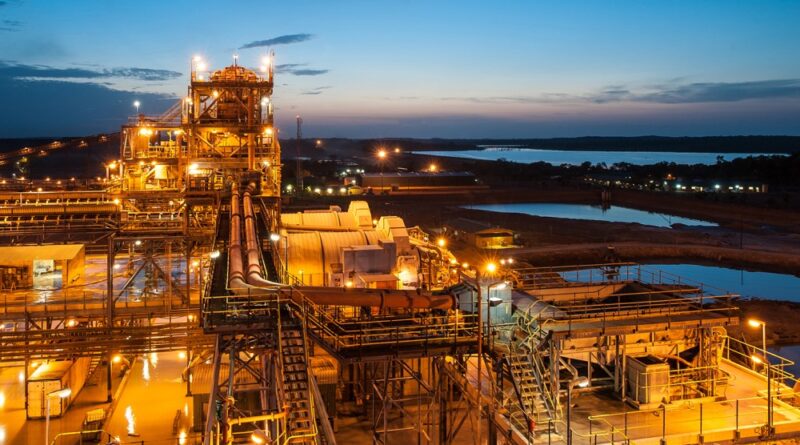Barrick Gold Loulo-Gounkoto’s third underground mine to start production
BAMAKO, Mali — Barrick Gold Corporation’s giant Loulo-Gounkoto gold complex’s third underground mine has reached its first mining level and is scheduled to start delivering ore tonnes to the plant during the current quarter, president and chief executive Mark Bristow told a media briefing here today.
At the same time, a prefeasibility study has started on two more mines on the Loulo permit: an underground operation at Loulo 3 and a large open pit at Yalea South. These, Bristow said, would add mining sources and improve feed flexibility, providing further support for the complex’s robust 10-year plan. Meanwhile exploration programs designed to replace depleted reserves are continuing to deliver good results.
The complex produced 193,014 ounces of gold in Q1 and is on track to achieve its full-year guidance of 640,000 to 700,000 ounces1. Given its strong performance and the relatively high gold price, the joint venture board paid a combined dividend for the Loulo-Gounkoto complex of $80 million in the quarter.
Covid-19 testing and care capacities were upgraded during the quarter through the acquisition of new equipment and the complex has been largely unaffected by the third wave of the pandemic.
Bristow said the complex was continuing to invest in the development of the local community. One of its latest initiatives is the Accelerator program, which trains smaller suppliers and service providers in all aspects of business to enable them to grow and diversify.
In addition, they are mentored by some of Loulo-Gounkoto’s larger, long-established suppliers and contractors. Since the program was introduced eight months ago, 63% of the participants have diversified their revenue streams and 80% now have five-year growth plans and long-term goals.
“Loulo-Gounkoto remains a pillar of the Malian economy as well as a driver of local economic development. Over the past 24 years, Barrick and its legacy company Randgold Resources have contributed $7.7 billion to the economy, of which $3 billion went to the state in the form of dividends, taxes and royalties. Our long partnership with the country and its people is a testament to how mutually beneficial a relationship of this kind can be,” Bristow said.




